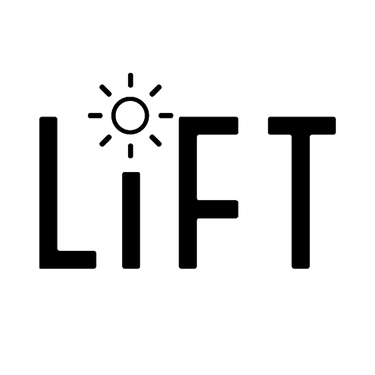FDA Launches Fast-Track Program for Nicotine Pouches – But Vapes Still in Limbo
The FDA’s Center for Tobacco Products has launched a new fast-track authorization program but it’s not for vaping products. Despite political claims and ongoing demand for vape products in Canada and the U.S., the FDA is prioritizing nicotine pouches like Zyn Ultra and Velo Mini, leaving vape regulations and PMTAs stuck in bureaucratic limbo. For consumers and businesses following the latest vape news, this move raises questions about fairness, science, and influence.
Reuters recently reported that the FDA will speed up PMTA review for four brands of nicotine pouches sold by major tobacco companies. The program was revealed through internal FDA meeting transcripts, which suggest that White House pressure including comments from Health Secretary Robert F. Kennedy Jr. influenced the move. While Kennedy claimed that some vapes are also being fast-tracked, none are included in this pilot program. This comes as a surprise to many in the industry, especially retailers of tobacco-free nicotine products and vape products in Canada, who have been waiting years for clarity.
The nicotine pouches chosen for expedited review include Zyn Ultra (Swedish Match/Philip Morris), on! PLUS (Altria), Velo Mini (R.J. Reynolds), and Alp (Turning Point Brands). Interestingly, at least two of these companies have financial ties to U.S. political figures, raising concerns about favoritism in the FDA tobacco authorization process. Despite President Trump’s 2024 campaign promise to “save vaping,” and Kennedy’s praise of vaping as a safer alternative, no new vape devices or refillable vape pods are being fast-tracked.
The FDA has a long-standing reputation for slow and inconsistent decision-making on vape regulations. For example, ZYN only received approval nearly five years after applying. In contrast, the agency continues to deny or ignore PMTAs from smaller vape manufacturers, especially those selling flavored or bottled e-liquid products. Even industry giant NJOY, owned by Altria, has sued the FDA over delayed decisions. Meanwhile, R.J. Reynolds and Altria are beginning to sell new products without authorization, putting the FDA’s regulatory power to the test.
Conclusion:
While the FDA’s pilot program offers faster paths to market for certain nicotine pouches Canada consumers may recognize, the agency’s refusal to extend similar treatment to vape products is telling. As platforms continue to support Canadian vapers with compliant, high-quality options, the need for fair and science-based regulation becomes more urgent. Stay updated with us for the latest vape news, tobacco alternatives, and policy shifts that affect your right to vape responsibly.



